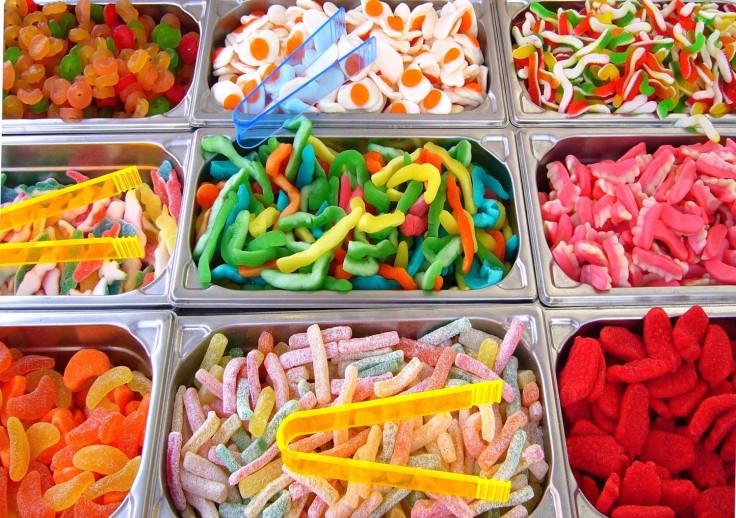
Many children experience a sugar rush after consuming sweet food such as candy, cookies, and cake. Kids become overly energized for a short time and then quickly crash, become irritable, tired, and often hungry. Intrinsically, parents yearn for ways to manage hyperactive behavior when sweets curb the health consequences of children consuming too much sugar.
Many parents believe sugar is the main culprit behind their children's capricious behavior.
Florencia Segura, M.D., of Einstein Pediatrics in Virginia, told the outlet there might be some association between sugar consumption and energy levels, specifically in children who haven't eaten in a while before gobbling up sweets.
Sugar is a form of carbohydrate that breaks down fast in the digestive tract and quickly reaches the bloodstream. Thus, when one is hungry, exhausted, and low on energy, the brain and body will instantly feel a burst of energy shortly after consuming sugar.
The impacts of sugar or sweet food
Yaffi Lvova, RDN, owner of Baby Bloom Nutrition, believes that the mere excitement of being served sweets is linked with hyperactive behavior for some children.
So, the juvenile who is denied sweets will feel like it's more than a party when they finally get them.
Centers for Disease Control and Prevention (CDC) reported that food with added sugar should only produce no more than 10 percent of daily calories in anyone ages 2 and above.
In fact, sugar contributes to both energy dips and health problems. CDC noted that added sugars should be avoided for kids 2 years and younger.
The short-term effect of excessive sugar intake is a sugar rush. This effect can make the child quickly hungry, leaving them tired and moody.
Too much sugar can make young ones feel temporarily sick. Moreover, when sugar intake occurs on an empty stomach, the child can experience stomachaches, per Very Well Family.
The long-term effects of excessive sugar are weight gain, insulin resistance, type 2 diabetes mellitus, hypertension, fatty liver disease, and dyslipidemia.
Allow children to eat sweets in moderation
Lvova added that children should be allowed to eat sugar as they might overindulge when given a specific opportunity.
Dr. Segura suggests integrating either a complex fat, carbohydrate, or protein alongside the sugar. The bursts from sugar intake are scarcely perceptible due to fat and protein that takes longer to metabolize and digest, permitting you a steady energy source.
For instance, when giving them fiber-rich granola bars or yogurt, you can give your child milk alongside a cookie, as these serve as sweet and satisfying snacks.
Instead of stopping your child from eating too many sweets, teach them to moderate their sugar intake and thoroughly explain the essence of their health and the fact that too much sugar is not suitable for the body and can even possibly pose a health risk.
On the other hand, there is no quick way to get rid of your children's sugar rush. Although water can somehow help, you will sometimes have to sit it out. Nonetheless, if you are wondering what to do to stabilize the blood sugar levels of your child so they don't crash, give kids a piece of fruit, as it can help, Feel Good Foodie says.
Related Article : Dietitian Approved Allergy-Friendly Healthy Snacks